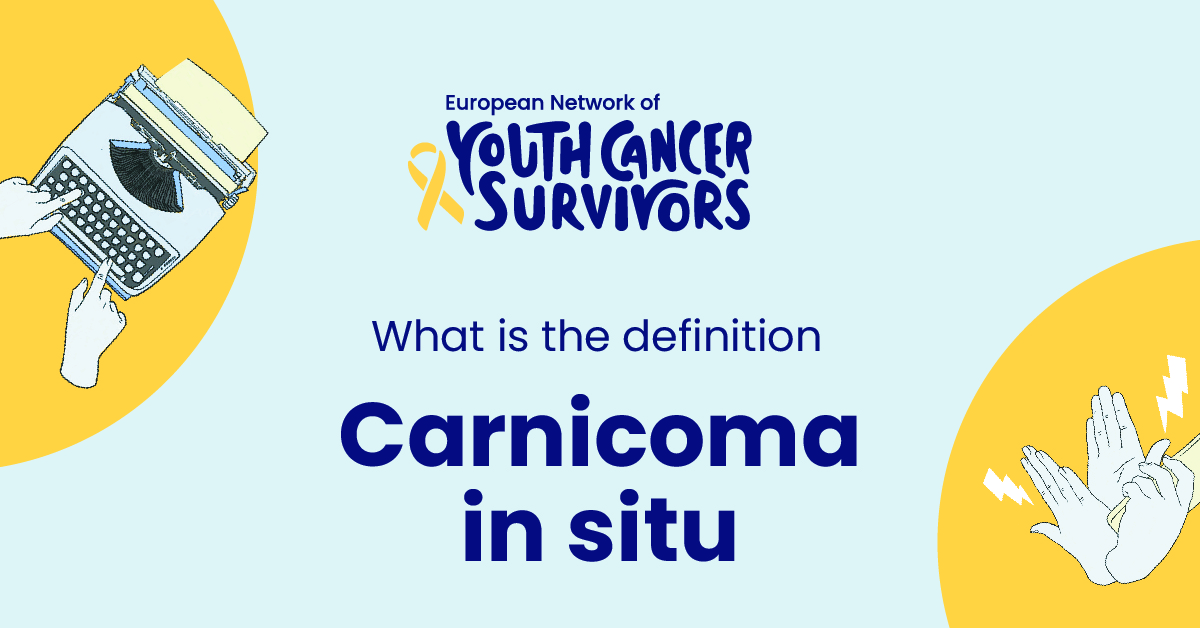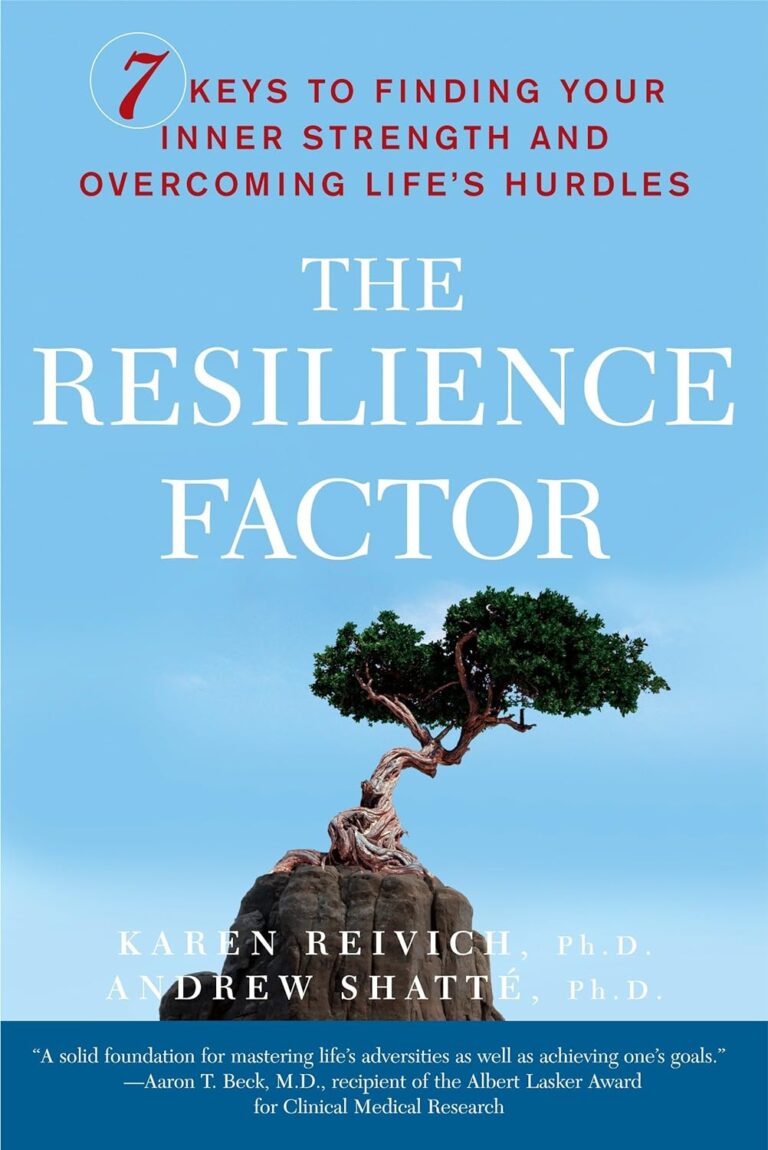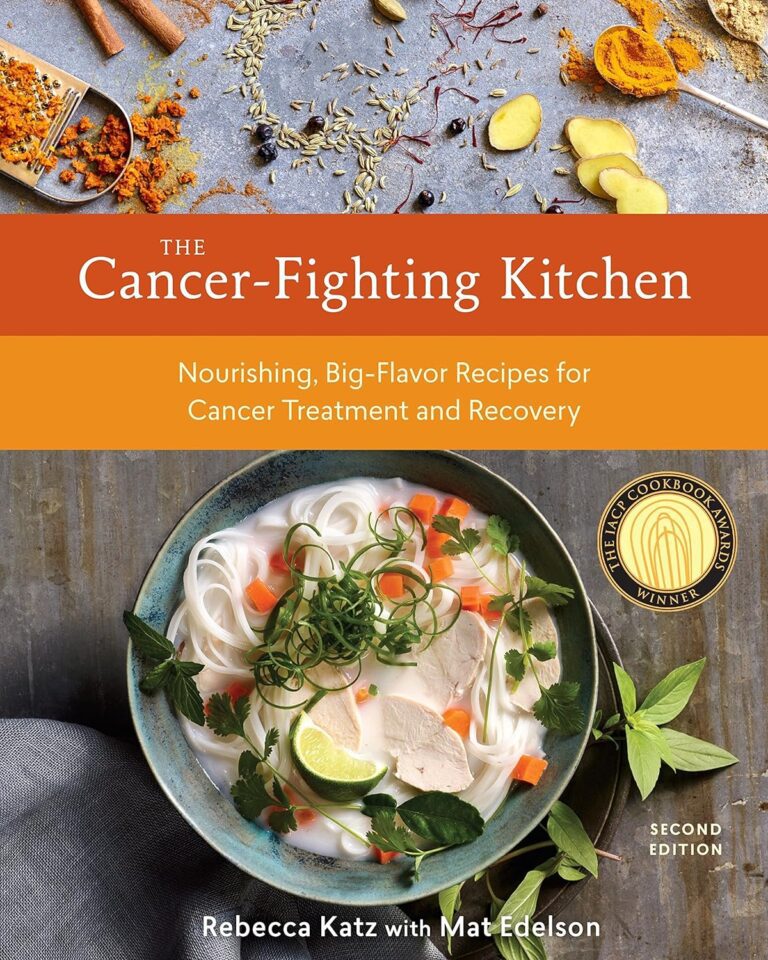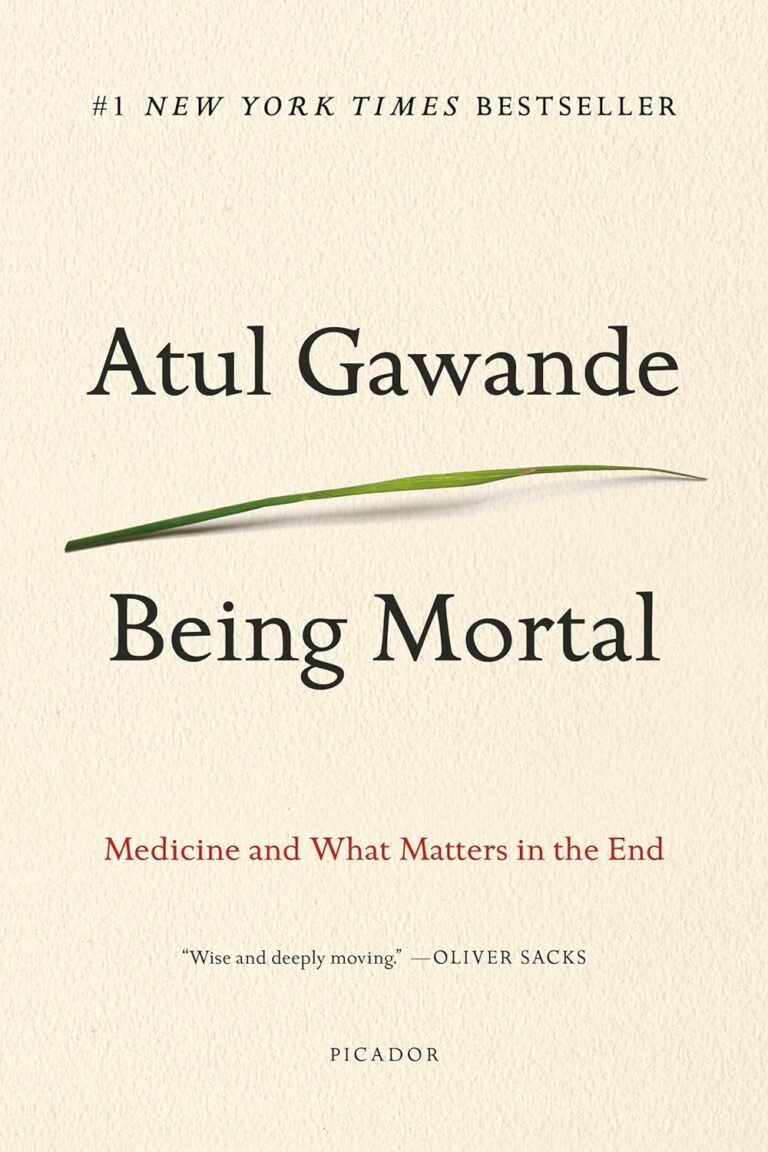
Within the broad spectrum of cancer classifications, carcinoma in situ (CIS) takes its unique spot. The term might sound complex to many, but its comprehension is crucial, especially in the field of proactive cancer prevention and early detection. Therefore, it is essential to delve deep into this topic to acquire an exhaustive understanding.
In order to accentuate the significance and complexity of carcinoma in situ, this article offers an in-depth overview of this type of cancer. It will detail its meaning, differentiate it from other carcinomas, and explore its causes, risk factors, and types. It will also outline the diagnosis process, treatment options, and preventive measures.
Definition of Carcinoma in situ
Meaning of Carcinoma in situ
Carcinoma in situ is a term used to describe cancer that is currently confined to the cells where it started, not having spread to neighboring tissues or anywhere else in the body. The word “in situ” originates from Latin and translates as “in its original place.”
Difference between Carcinoma in situ and Other Carcinomas
Unlike invasive or infiltrative carcinomas, which invade the tissue around the area of origin or other parts of the body, carcinoma in situ exists solely where it began. Therefore, cis is typically linked to a better prognosis since it lacks the metastatic potential of other carcinomas.
Causes and Risk Factors of Carcinoma in situ
Common Causes
The exact causes leading to carcinoma in situ are not fully known; however, it could be due to various genetic mutations in the cells that cause them to grow uncontrollably and accumulate, forming a tumor.
Potential Risk Factors
Age, lifestyle habits such as smoking and excessive alcohol consumption, family history, and exposure to certain types of human papillomavirus (HPV) can amplify the chances of developing carcinoma in situ.
Get to know us better
If you are reading this, you are in the right place – we do not care who you are and what you do, press the button and follow discussions live

Types of Carcinoma in situ
The category of carcinoma in situ further splits into multiple individual types, including:
Ductal Carcinoma in situ (DCIS)
DCIS is positioned within the breast’s milk ducts and is the most common type of non-invasive breast cancer.
Lobular Carcinoma in situ (LCIS)
LCIS is found within the lobules, the parts of the breast that produce milk. Despite its name, it’s not a true cancer but rather a marker of increased breast cancer risk.
Squamous Cell Carcinoma in situ (SCCIS)
Also known as Bowen’s disease, SCCIS is a form of skin cancer that stays confined to the squamous cells in the skin’s upper layers.
Others
There are several other types of carcinoma in situ, including cervical intraepithelial neoplasia (CIN), which pertains to the cervix, and melanoma in situ residing within the skin.
Diagnosis of Carcinoma in situ
Common Diagnostic Procedures
Tests used to diagnose carcinoma in situ often depend on the organ in which the carcinoma is suspected to be present. For example, a mammogram or biopsy might be used to identify breast CIS, while a Pap test or colposcopy may be employed to detect cervical CIS.
Challenges & Solutions in Diagnosis
One of the significant challenges in detecting CIS is its asymptomatic nature in early stages. This issue can be overcome with regular check-ups, especially for high-risk individuals, and advancements in diagnostic technologies.
Treatment Options for Carcinoma in situ
Surgical Methods
Surgery is typically used to meticulously remove the tumor and a margin of healthy tissue around it. Depending on the cancer’s location and size, different surgical methods may be employed.
Radiotherapy and Chemotherapy
These treatments may be used pre or post-surgery, either to shrink the tumor before surgical removal or to kill any remaining cancer cells after surgery.
Follow-up treatments
Following the initial treatment, additional therapies may be necessary, particularly hormone therapy for CIS related to the breast or immunotherapy for skin-related CIS.
Prevention and Proactive Measures for Carcinoma in situ
Lifestyle Changes
Prudent lifestyle choices, such as avoiding smoking, limiting alcohol intake, practicing safe sex, and maintaining a balanced diet and regular exercise can help lower the risk of developing CIS.
Regular Check-ups and Early Detection
Regular screenings and check-ups, especially for high-risk individuals, can lead to early detection and prompt treatment of CIS before it progresses further.
Conclusion
Recap of Key Points on Carcinoma in situ
Carcinoma in situ remains a crucial topic within the cancer spectrum, providing valuable insights for proactive cancer prevention and early detection. It uniquely positions itself amongst other carcinomas by remaining localized to the point of origin.
Importance of Awareness and Knowing the Signs
Recognizing the potential risk factors and being aware of regular screening benefits can serve as powerful tools in combatting carcinoma in situ. Public and professional awareness are indispensable elements towards timely detection and effective treatment.
FAQ Section:
- What exactly is Carcinoma in situ?
Carcinoma in situ is a form of cancer that has not spread beyond the cells where it initially formed. The term “in situ” means “in its original place.”
- How is Carcinoma in situ different from other types of carcinoma?
Unlike other carcinomas, carcinoma in situ has not spread to surrounding tissues or other parts of the body. Therefore, it usually has a more favorable prognosis because it lacks the metastatic potential of other carcinomas.
- What are the most common causes and risk factors for Carcinoma in situ?
The exact causes of carcinoma in situ are unclear but may involve genetic mutations leading to uncontrolled cell growth. Potential risk factors include age, lifestyle choices such as smoking and excessive alcohol consumption, and exposure to certain types of HPV.
- How is Carcinoma in situ diagnosed?
Diagnosis often depends on the suspected location of the carcinoma. A mammogram or biopsy may be used for breast carcinoma in situ, while a Pap test or colposcopy may be used for cervical carcinoma in situ.
- What are the available treatment options for someone diagnosed with Carcinoma in situ?
Carcinoma in situ is usually treated surgically. Additional treatments, including chemotherapy, radiation therapy, hormone therapy, and immunotherapy, may also be used, depending on the specific type and location of the CIS.

















Comments
Thank you. Comment sent for approval.
Something is wrong, try again later